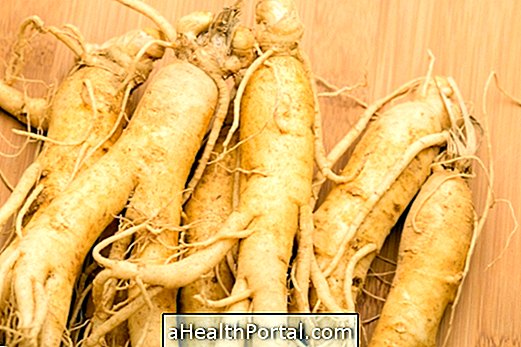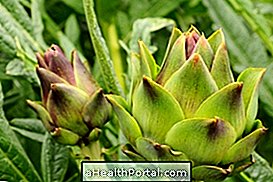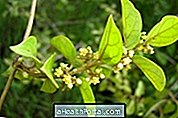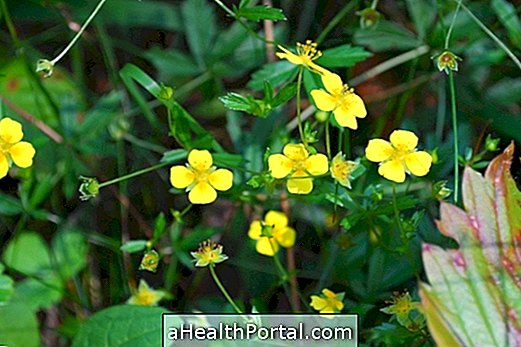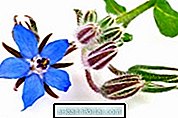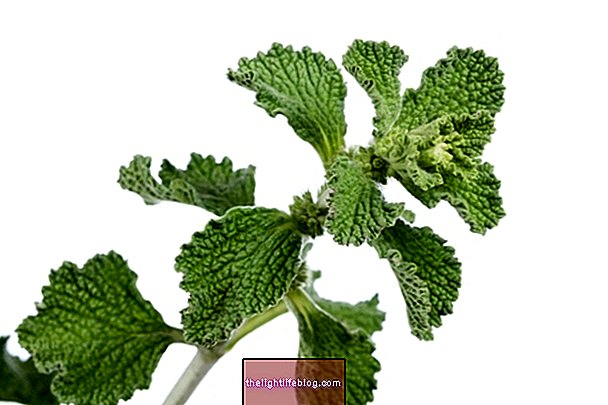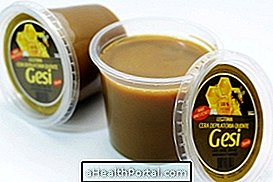Black mustard is a medicinal plant with antibiotic and digestive properties that has leaves covered with hairs, bunches of small yellow flowers and hard seeds, ranging from dark brown to black.
Black mustard can be used as a condiment, and to make home remedy for rheumatic pains and bronchitis. Its scientific name is Brassica nigra, Sinapis alba and can be bought in natural products stores, some markets and in free markets.
What is Black Mustard?
Black mustard is used to help treat colds, bronchitis, headache, lack of appetite, inflammation of the throat, cramp, rheumatic pain and bruises and may help strengthen the body's defenses.
Black Mustard Properties
Black mustard has digestive, diuretic, blood circulation stimulant, laxative, aperitif, anti-bacterial, antifungal, sudorific, antirheumatic and tonic properties.
How to use black mustard
The used parts of mustard for medical use are seeds and leaves in external use.
- Compress with Black Mustard: Mix 110 g of mustard seed powder with warm water until a potato forms. Then spread this poultice on a gauze or a clean cloth and leave 15 minutes on the affected region in case of rheumatism. Then wash carefully and apply a moisturizer in the region to prevent skin irritation.
In case of bronchitis, apply the poultice on the chest not allowing to exceed the time of 5 minutes.
Black Mustard Side Effects
The use of Black mustard in excessive doses can be toxic and can cause vomiting, gastritis, abdominal pain and serious irritations in the mucous membranes or in the skin. Avoid eye contact.
Contraindications of Black Mustard
Black mustard is contraindicated for pregnant women and individuals with gastrointestinal problems. In case of sensitive skin avoid the use of the mustard poultice.



Useful link:
- Home remedy for rheumatism
